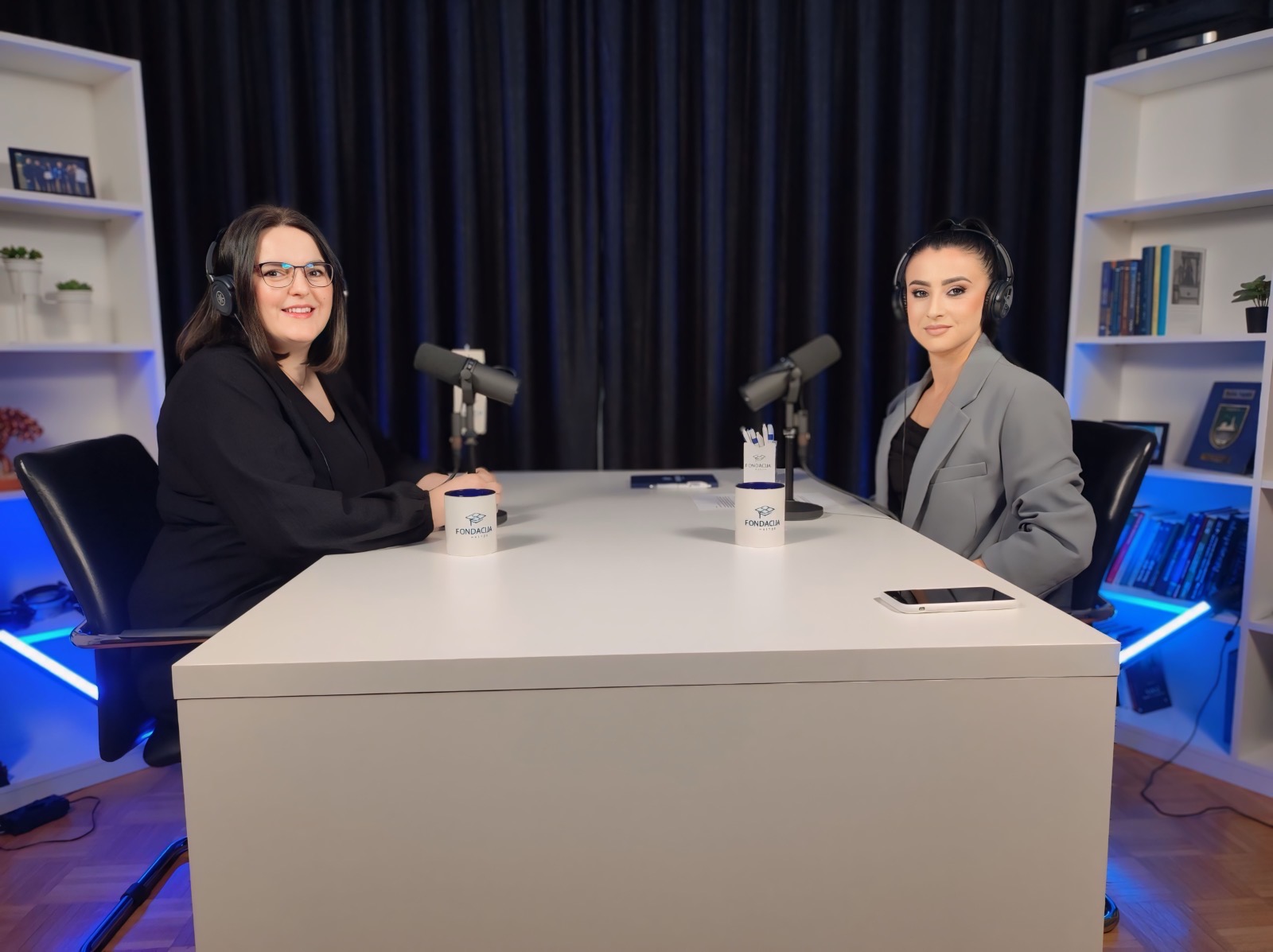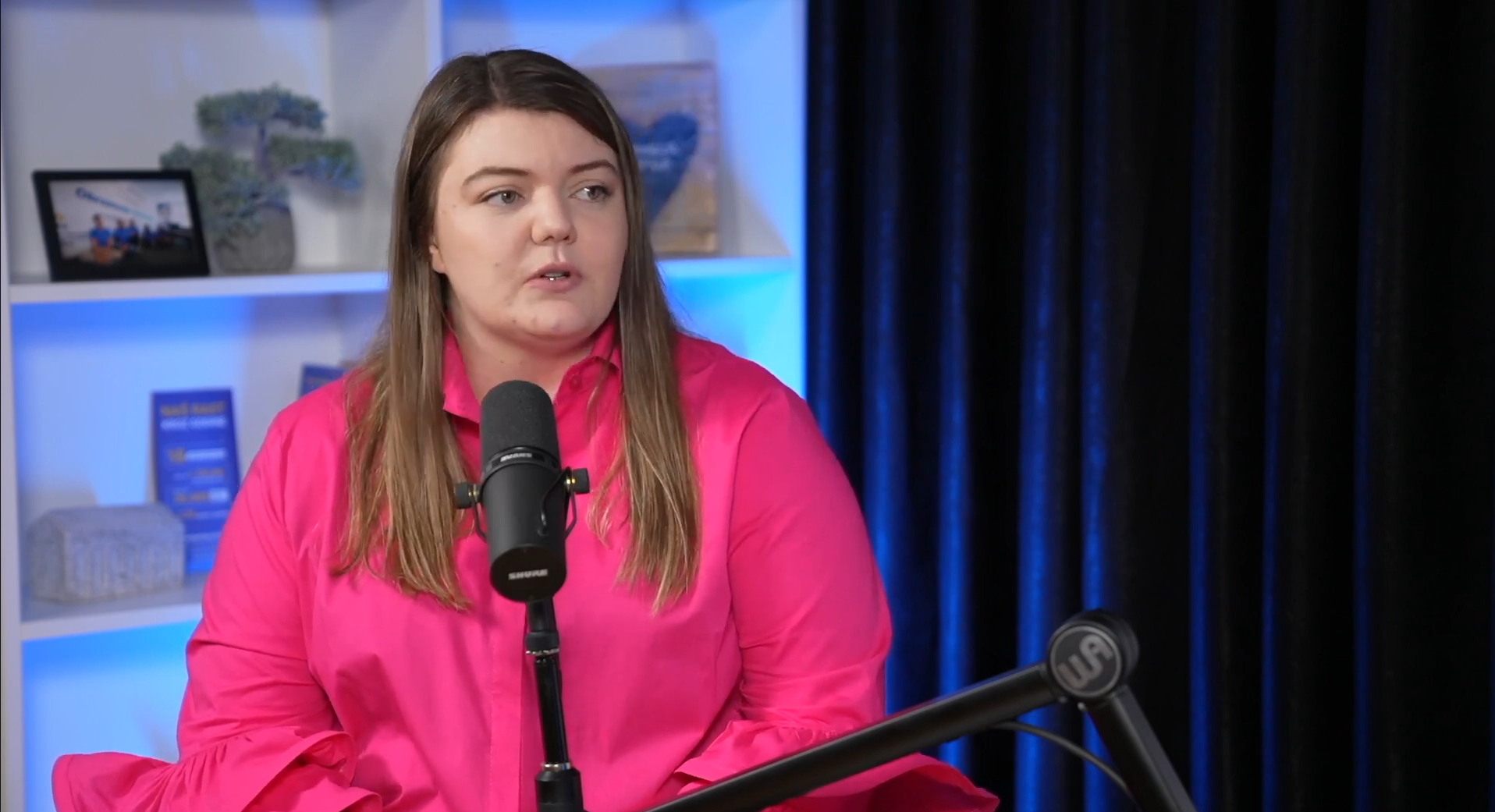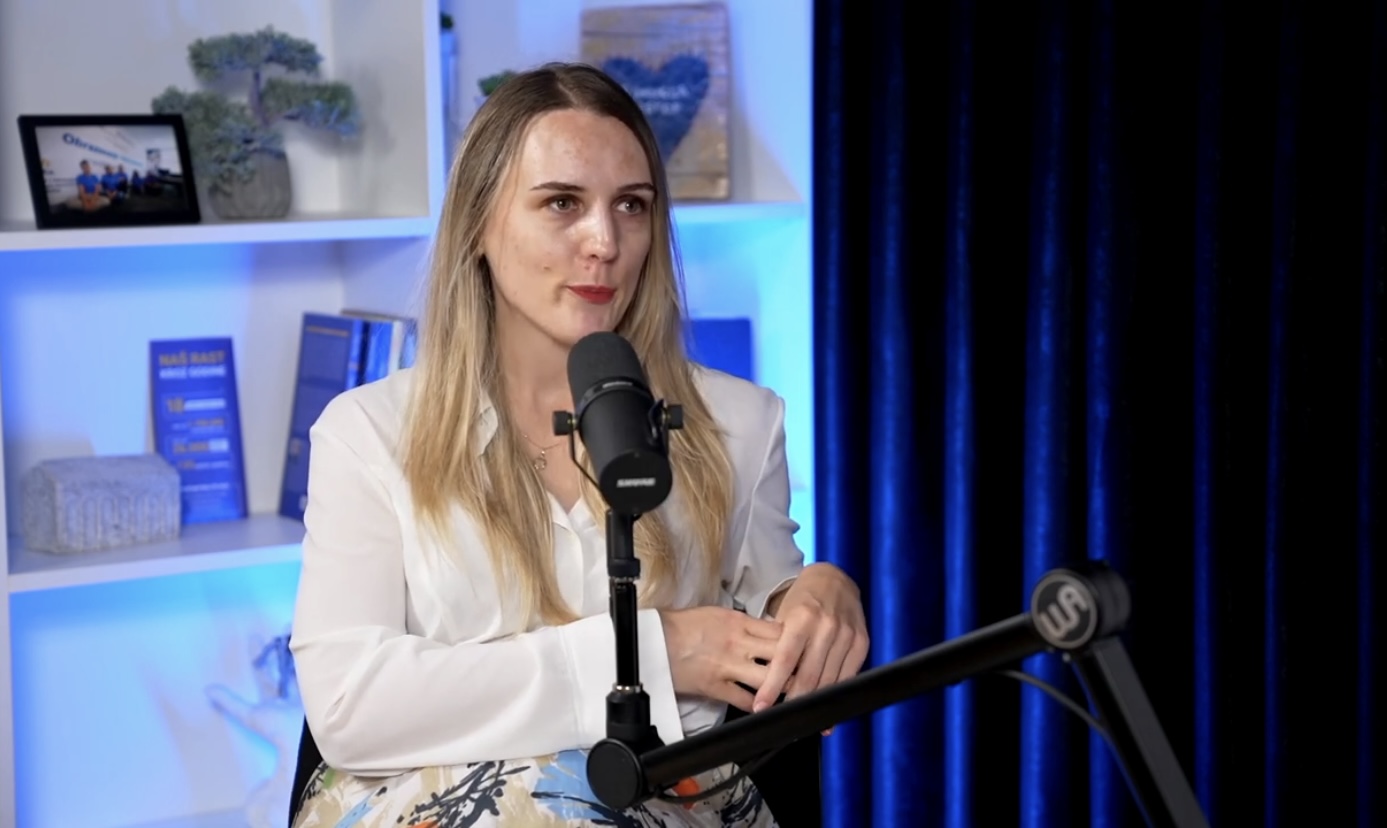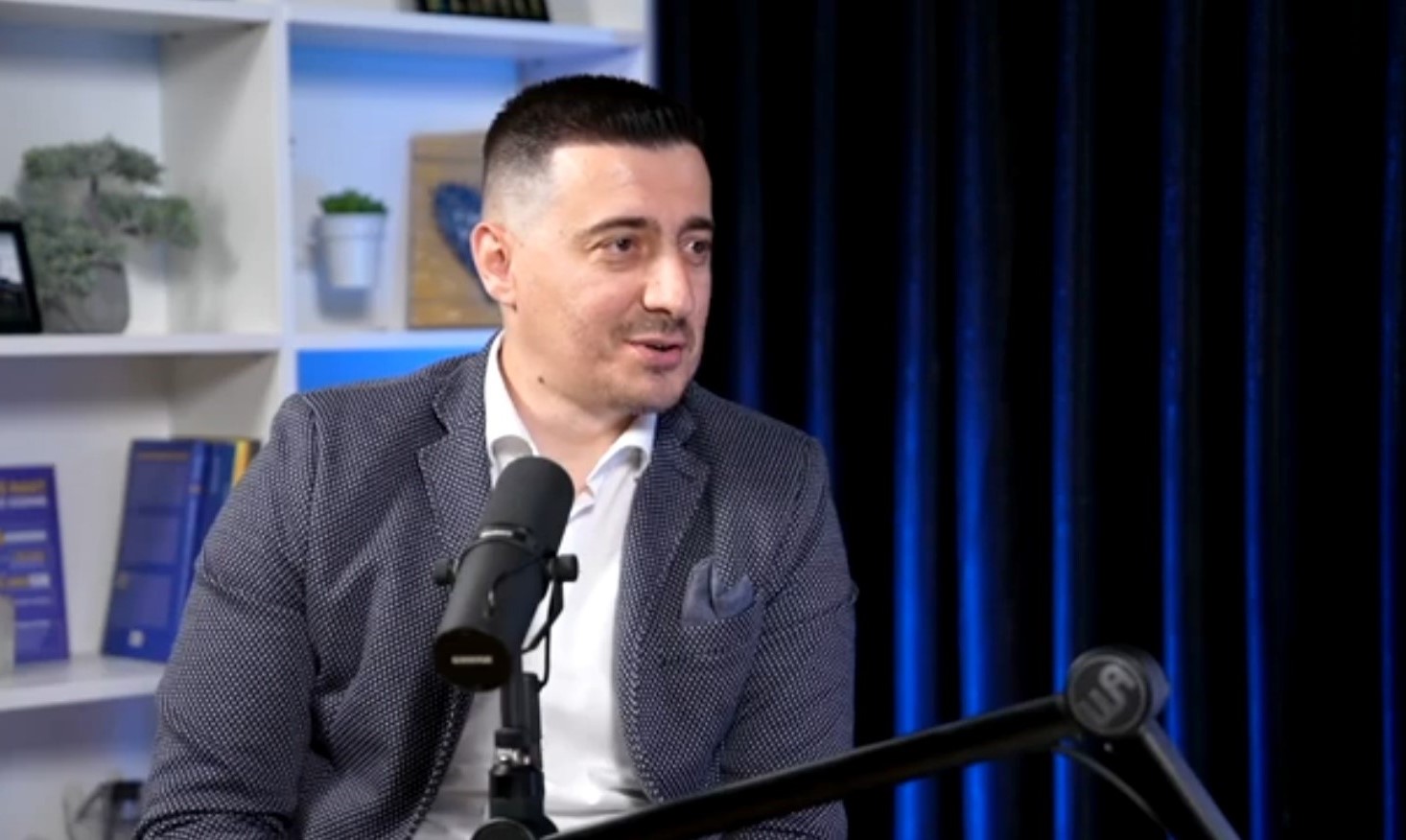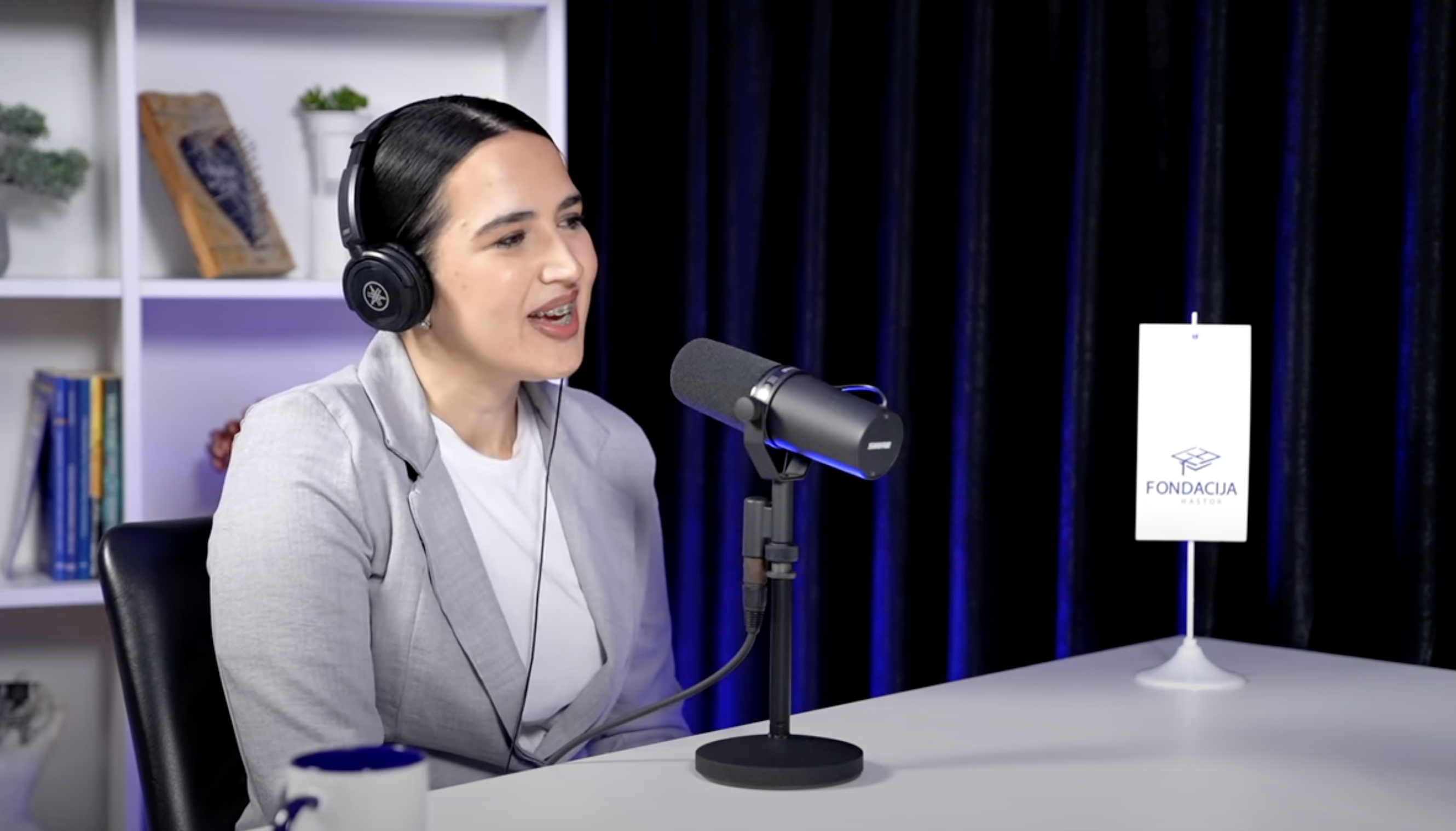In the new episode of the Hastor Foundation Podcast, prepare a dose of maximum concentration and carefully listen to the messages and warnings sent by the experienced psychologist, Vedina Ajanović. Vedina is an alumni of the Hastor Foundation who has been building an enviable career in the field of psychology for years, and the focus of her work is mostly on child, developmental and social psychology.
We will agree that it is always difficult to be a parent, but today, in the age of massive social networks and viral content, parents have many more questions that they need to pay attention to. One of such issues is certainly peer violence, which is further progressing with the development of technology.
It is precisely the development of technology, social networks and everything that we live today that favors the development of peer violence, because it has become more accessible and spreads faster. It is very easy to get hold of a photo of a peer, abuse that photo, and have it seen by an entire generation in a school or town within half an hour. So it can be more destructive, with much greater consequences and automatically make it much harder for the child, explains our alumni and emphasizes the importance of parental approach to the child and gives a concrete example of how a parent can directly influence their child’s reactions:
The parent teaches the child that he has his own experience and that it is okay to experience emotions, that you are angry because something was not done, but it is not okay to manifest that anger by knocking down something, breaking something or hitting someone, but it is okay to be angry. So, the parent validates the emotion he feels to the child, but corrects the manifestation of the emotion.
In addition to the topic of parenting, which is always important and interesting, in our conversation we also touched on self-confidence and self-esteem, where Vedina explained why one conditions the other:
We cannot talk about self-confidence without self-esteem, because these two components are closely related. Self-esteem comes from a sense of personal worth, if I know that I am worth and have my own worth. And the foundation of that value is primarily that: I exist, I breathe, I live, besides that I am someone’s sister, friend, mother… these are all my values and what essentially gives me meaning. This is where self-esteem is built. Something where we allow, to what extent, that people treat us, how we treat ourselves. Self-confidence is belief in one’s ability, that I can do something, that I know something, and if I don’t know, I’ll learn now.
We are sure that in this episode you will find a lot of useful things for the present, as well as the future that awaits us to readily accept all challenges.
